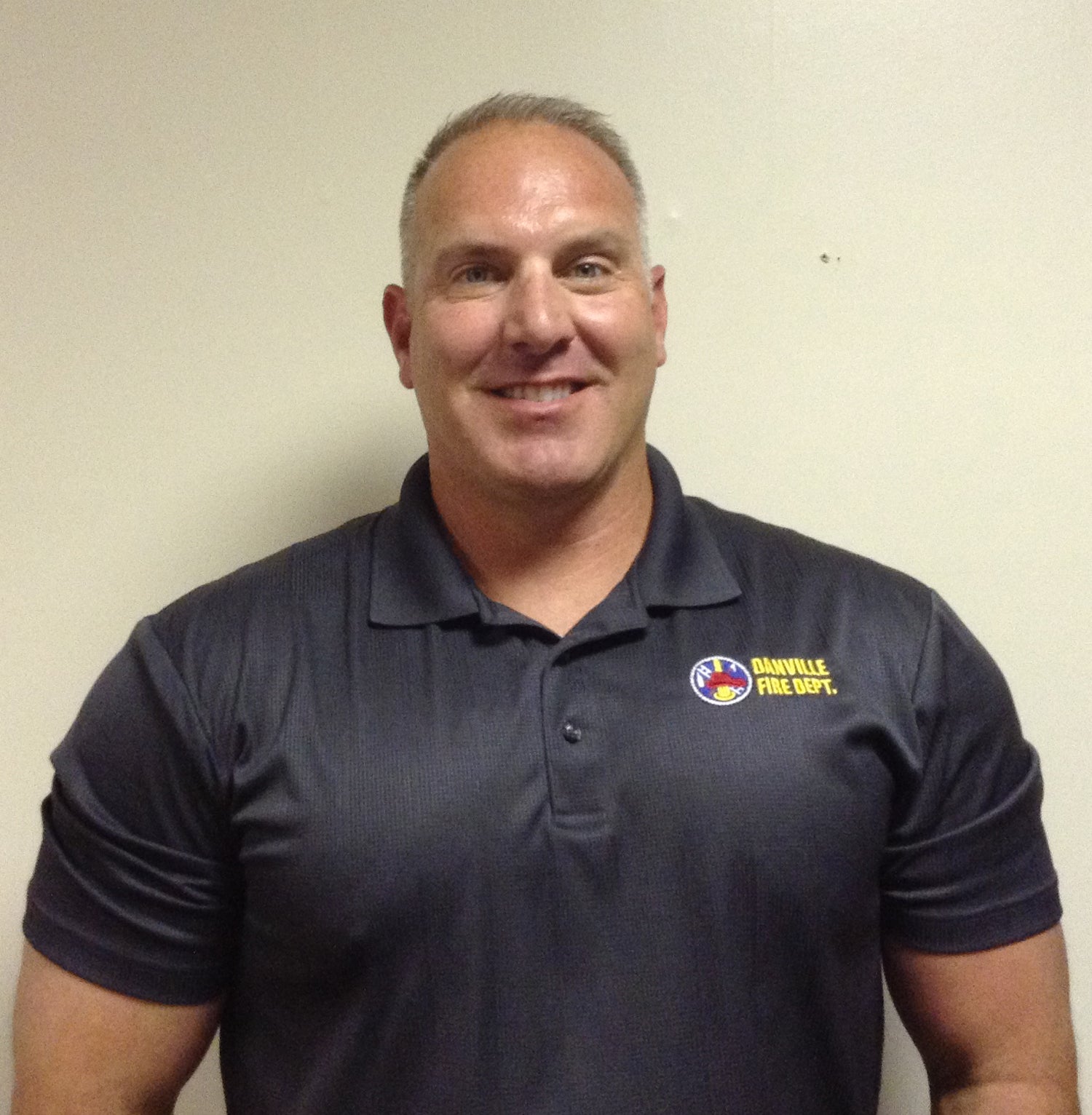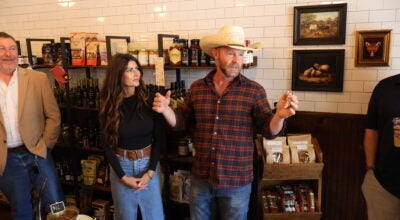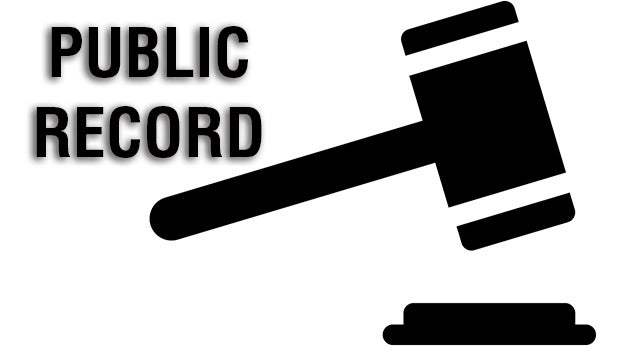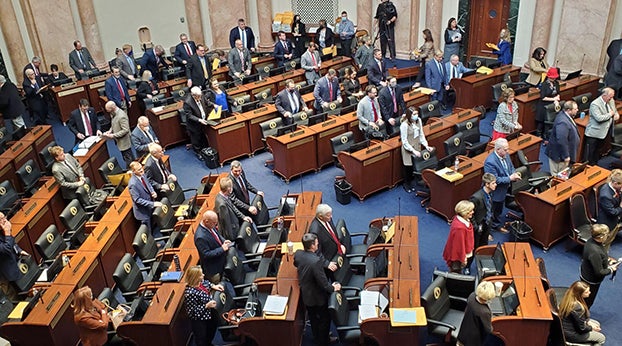What’s burning: Cooking fires rise during holidays
Published 9:11 am Friday, November 3, 2017
As the leaves fall and the nights turn colder, people begin starting fires in their fireplaces, turning on their heaters and pulling out the space heaters; they also start cooking their holiday meals — all things that lead to an increase in fires.
About 16 percent of fires are heating-related, said Doug Simpson, fire marshal for the city of Danville Fire Department, while 47 percent are cooking-related, which is the leading cause of fires.
“Cooking incidents are on the rise in the holidays … People have to be conscious of what they’re doing,” he said, reminding people to pay attention when cooking. “Don’t leave food unattended.”
Using deep fryer for turkeys is a popular way to cook the poultry at Thanksgiving — Simpson said it can be dangerous.
“Make sure (the turkey) is completely thawed and you’re using the right amount of oil,” he said. “And never leave those unattended … Common sense goes a long way in heating and cooking.”
He said to remember to always have a lid when using grease, too.
It’s important, before cranking on the heat and throwing logs on the fire, to have the units inspected, he said.
“Number one with chimneys is having it cleaned and inspected every year; the same with the HVAC systems, and forced air or gas systems. It needs to be certified inspected by a technician,” Simpson said.
Creosote is the big cause of fires in chimneys, he said.
Simpson said a list of certified chimney cleaners and inspectors can be found at the Chimney Safety Institute of America, or csia.org.
When using chimneys, he said it’s important to use well-seasoned wood, and to make sure any inserts are cleaned. When removing ashes, Simpson said, make sure to place them in a metal container and make sure they have completely cooled before throwing them in the trash.
“We’ve had trash fires, where people throw out hot ashes into curbside trashcans. The next thing you know, the trash is on fire,” he said.
It’s also important to follow directions regarding heaters. Simpson said never to use a space heater for a primary source, to make sure and leave 36 inches of clearance around the heater and to make sure kids and animals don’t knock them over.
Newer space heaters have an automatic shut off, in case of tilting, while older ones do not.
If using a kerosene heater, Simpson said, it’s important to use the proper grade of kerosene, to refuel it in well-ventilated areas and only when the heater has a chance to cool completely.
It’s also important, if using natural gas a source of heat, to have a carbon monoxide detector, which is checked monthly, along with the smoke detector.
“Smoke detectors are the number one thing we want you to have,” Simpson said.
The National Fire Prevention Association recommends at least one smoke detector per level and one in each bedroom.
Simpson said it’s also good to have a fire extinguisher in the homes, something a lot of people don’t think about.
“Don’t just have it below your sink, but on the wall where you can easily get to it if you need it,” he said.
For more holiday safety tips, Simpson said, visit the National Fire Prevention Association’s website, nfpa.org.
He said it’s important to remember to always call if there’s an emergency.
“We get a lot of calls because of the ‘burning smell’ when people turn their heat on for the first time,” Simpson said. “Usually, it’s dust burning off. But it could be something else … It never hurts to call.”







